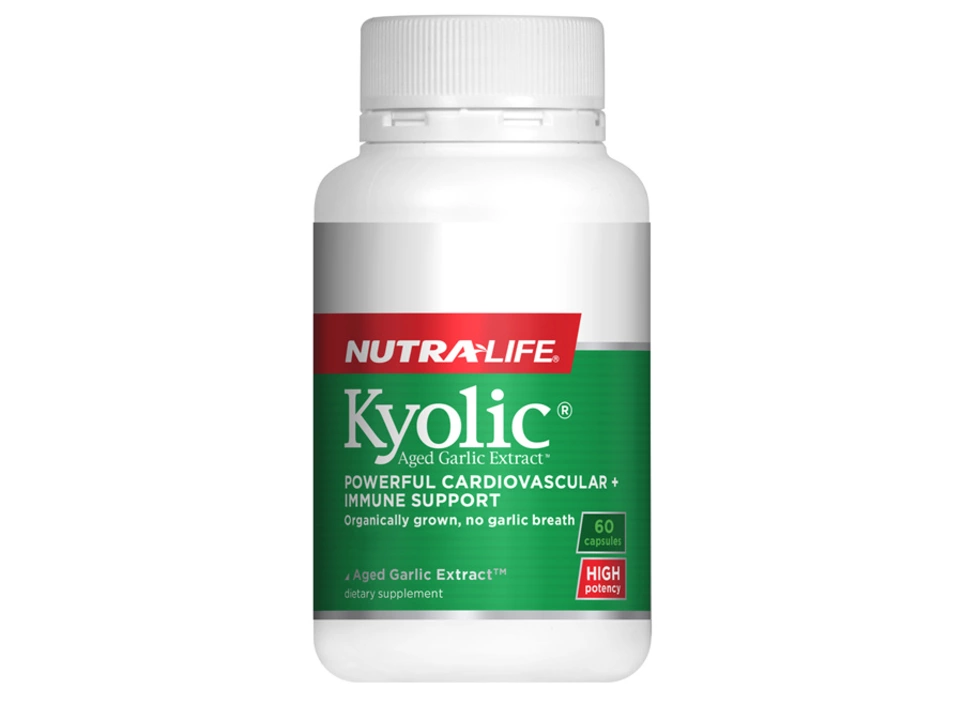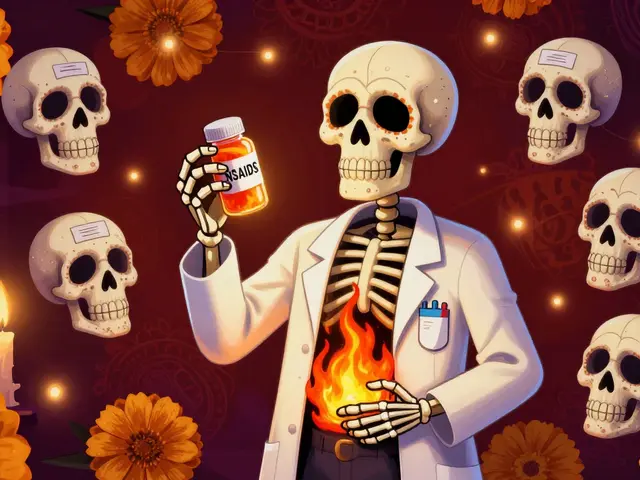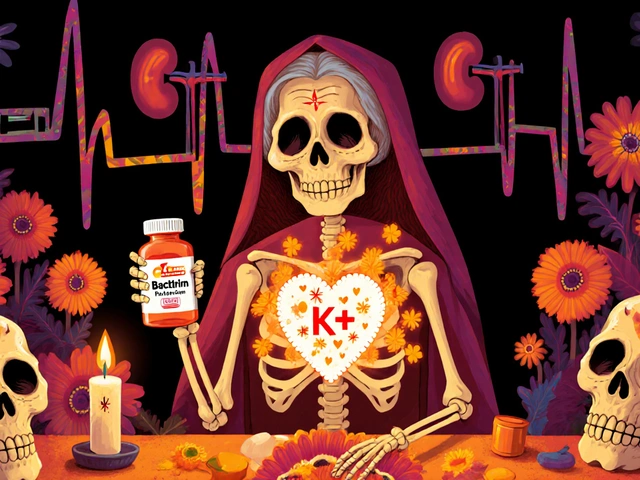Liver health: simple, practical ways to protect your liver
Your liver does a lot quietly—clearing toxins, storing energy, making clotting factors. Because it works nonstop, small daily choices add up. This page pulls together straightforward checks, safe medication habits, and lifestyle moves you can use right now to lower liver risk.
Quick liver checks you can ask your doctor
Want a fast snapshot of liver function? Ask for basic liver blood tests: ALT, AST, alkaline phosphatase, and bilirubin. Simple changes in these numbers can show early stress long before severe symptoms appear. If you have a history of hepatitis, heavy alcohol use, or take regular medications that affect the liver, ask about hepatitis A and B vaccines and whether you need more frequent monitoring.
Watch for these warning signs: yellowing skin or eyes (jaundice), dark urine, pale stools, unexplained swelling in the belly or legs, sudden itching, or serious fatigue. Those aren’t common for mild issues—if they appear, see a clinician the same day.
Everyday habits that help your liver
Cutting back on alcohol is one of the fastest ways to reduce liver stress. If you drink daily, consider alcohol-free days each week and stick to recommended limits when you drink. Weight matters too: losing 5–10% of body weight improves fatty liver in many people.
Food choices count. Prioritize vegetables, whole grains, lean proteins, and healthy fats (olive oil, nuts). Limit sugary drinks, refined carbs, and overly processed foods—these raise the chance of fatty liver. Avoid raw or undercooked shellfish if you have liver disease; infections from shellfish are risky for a damaged liver.
Supplements aren’t magic. Milk thistle shows some promise but evidence is mixed. Talk with your doctor before starting any herbal product—some supplements can actually harm the liver.
Medications deserve special care. Many common drugs and some antibiotics can raise liver enzymes. If you’re using strong meds—like isotretinoin, some antibiotics, or other prescription treatments—get baseline liver tests and routine follow-up. Don’t mix alcohol with acetaminophen; that combination increases liver injury risk.
Buying meds online? Use reputable sources, check prescriptions, and never buy drugs from sites that don’t require a prescription for prescription-only medicines. If you’re reading about antibiotics or specialty drugs, make sure the vendor verifies your prescription and offers clear contact details.
Final practical steps: get vaccinated for hepatitis A and B when appropriate, keep a current list of all medicines and supplements for every doctor visit, and schedule liver tests if you have risk factors (heavy drinking, diabetes, obesity, or prior hepatitis). Early detection makes problems easier to treat.
If you want reliable articles on specific drugs, hepatitis, or how certain medicines affect the liver, check our guides and drug reviews on this site to learn more and stay safe.

In my latest blog post, I explored the crucial role of fumarate in maintaining liver health. Fumarate, a key component of the Krebs cycle, plays a critical role in energy production and detoxification processes within the liver. By supporting efficient metabolism and detoxification pathways, fumarate helps to keep our liver functioning optimally. Additionally, recent studies suggest that fumarate may also have anti-inflammatory and protective effects on liver cells. In conclusion, incorporating fumarate-rich foods or supplements into our diets can prove beneficial for overall liver health and function.
Chris Gore May 11, 2023




